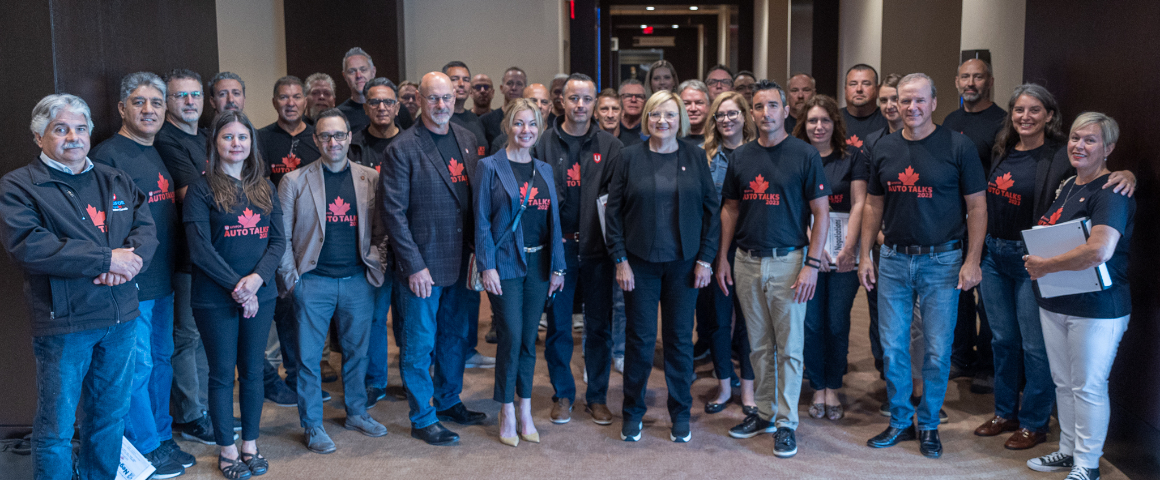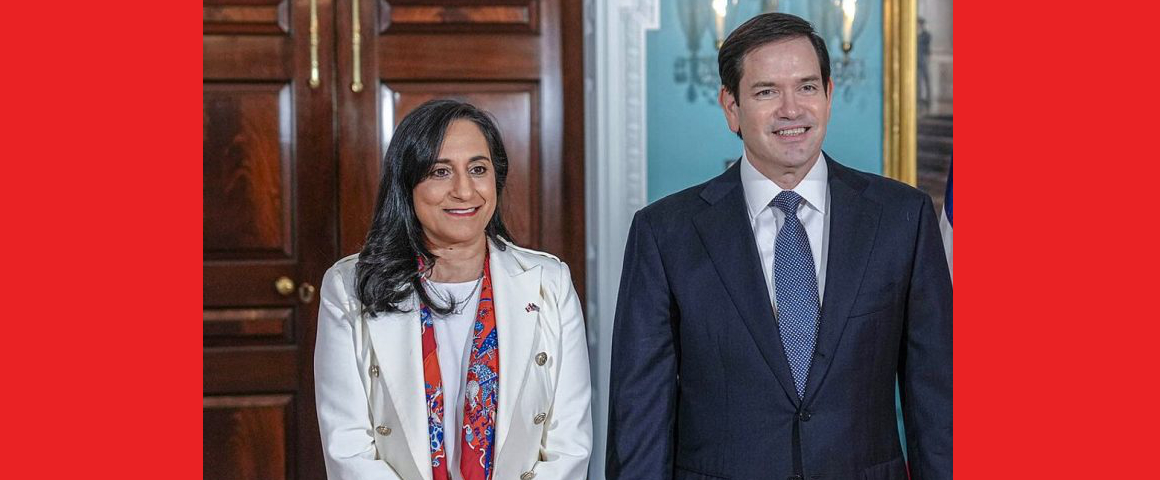PV Editorial
With a new contract at Ford, Unifor is moving on to the remaining two Detroit Three auto makers, GM and Stellantis.
As they have been for weeks now, all eyes are on the negotiations and the union’s strike preparations.
Why all the attention? Simply put, it’s because of the central role that the auto industry occupies in Canada’s economy and labour movement.
The numbers speak for themselves: the auto sector is the second-largest exporter in the country with over $60 billion in exports last year, it directly employs 125,000 full-time workers and another 460,000 through spin-off and supporting jobs.
Furthermore, it is the industrial heart and soul of the largest private sector union in Canada. Unifor’s extensive representation in the sector gives it impressive clout across all the Detroit Three operations in the country, a level of strength that is virtually unrivalled in manufacturing.
The union’s power enables it to not only protect and improve jobs for its thousands of members in auto but also those of hundreds of thousands of other workers (including in sectors represented by other unions) by raising the bar on wages, benefits and working conditions. Of course, this kind of impact is not unique to auto workers, but the breadth of that impact and the degree of union influence over it are decidedly uncommon in Canada.
There is an obvious class-wide impact of large industrial struggles. Public sector strikes tend to have an immediate effect on social services and programs, and are linked to strengthening the same, so have the proven potential to rally public support and engagement. Meanwhile, private sector strikes, like the two-week walkout by 7,400 Vancouver port workers in the summer (which disrupted an estimated $500 million in trade each day), can have an enormous direct impact on the economy. The power of the working class is real, but it must be united on a fighting, class struggle basis.
In response to the auto strike in the US, the United Electrical Workers (UE) said that the UAW was “standing up and making ambitious demands on behalf of the whole working class … the auto workers’ strike is all of our fight.” Other labour organizations have echoed UE, showing that auto sector fights are clearly a time for labour unity.
But while unions stateside are brimming with solidarity for the UAW, the same cannot be said for Canada. The Canadian Labour Congress – which Unifor left 5 years ago – has said nothing about the auto sector fight or the potential for a strike at Ford; perhaps more disturbingly, neither has the Ontario Federation of Labour, whose province houses all of the Detroit Three operations in Canada.
So, at a moment of massive trade union struggle which has sweeping implications for the working class as a whole, the vast majority of Canada’s labour movement sits silent. It’s a response that we also saw during the recent strike by 3,700 Metro workers in Toronto – in that case, the CLC/OFL silence in the face of incredible community solidarity was so conspicuous that it is difficult to believe it wasn’t purposeful and mandated.
Of course, unity is a two-way street, and Unifor has its role to play in bringing the house of labour back together (just as it had a role in dividing it). But surely the CLC and OFL (whose convention in November will bring new, hopefully fighting leadership) are called upon to provide more than silence. For if labour unity is not actively built in and by the labour centrals – from the CLC to the provincial federations and right to the local labour councils – where exactly is it to be forged?
At the CLC convention in May, President Bea Bruske repeatedly declared that it was time to “kick ass for the working class.” We haven’t seen much of that from the CLC since, but the auto sector fight is a pretty damn good opportunity for Bruske and other labour leaders to show workers they can walk the walk.
[Photo: Unifor]
Get People’s Voice delivered to your door or inbox!
If you found this article useful, please consider subscribing to People’s Voice.
We are 100% reader-supported, with no corporate or government funding.




